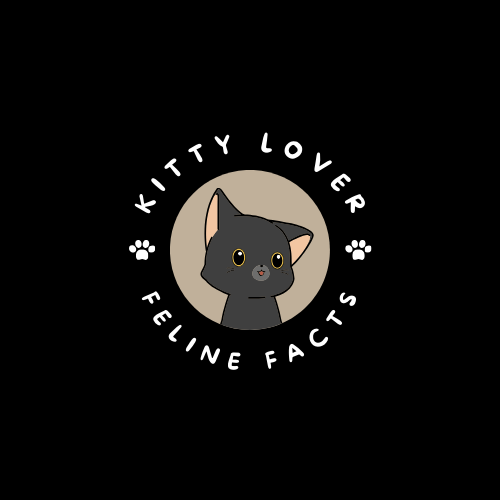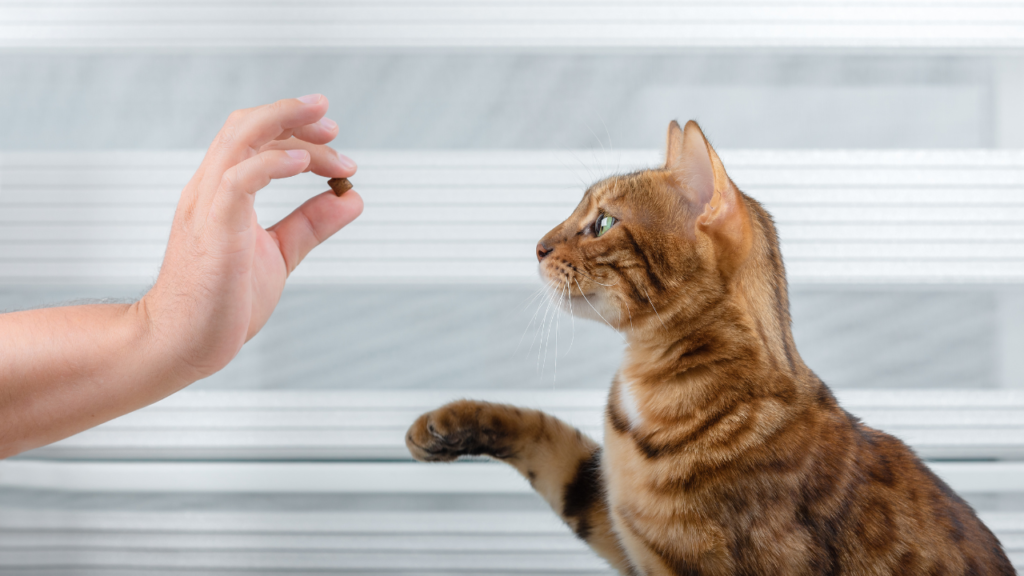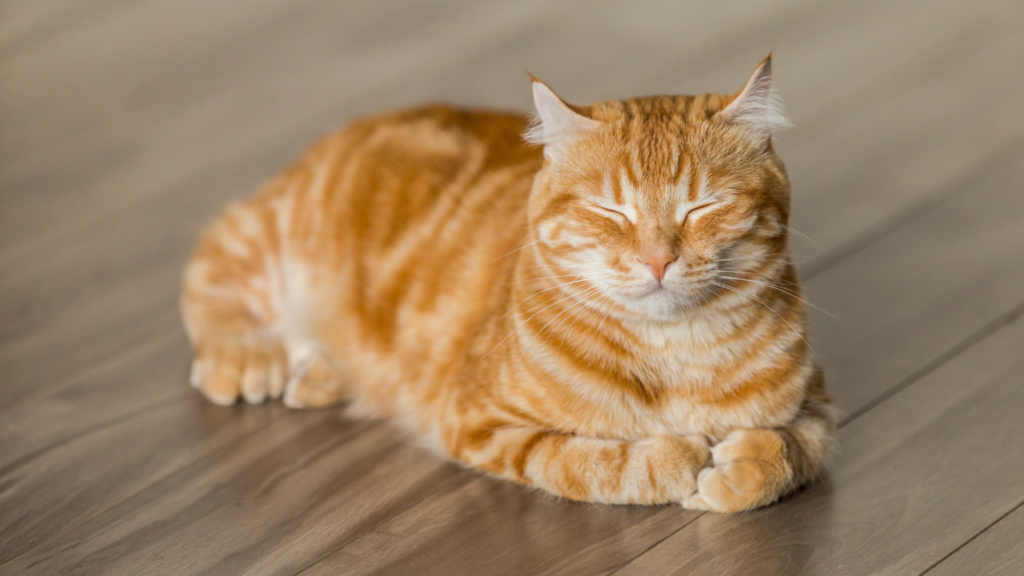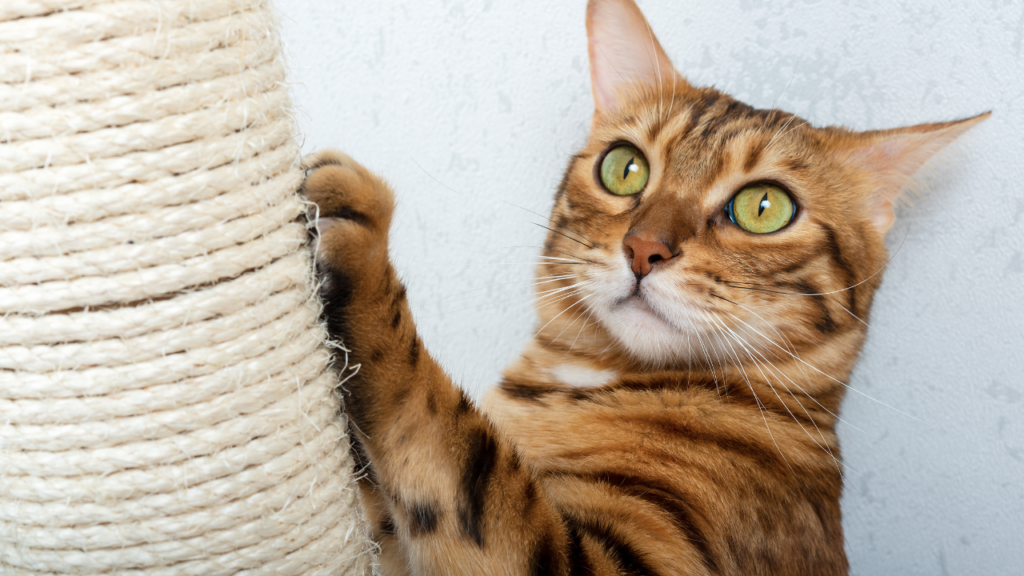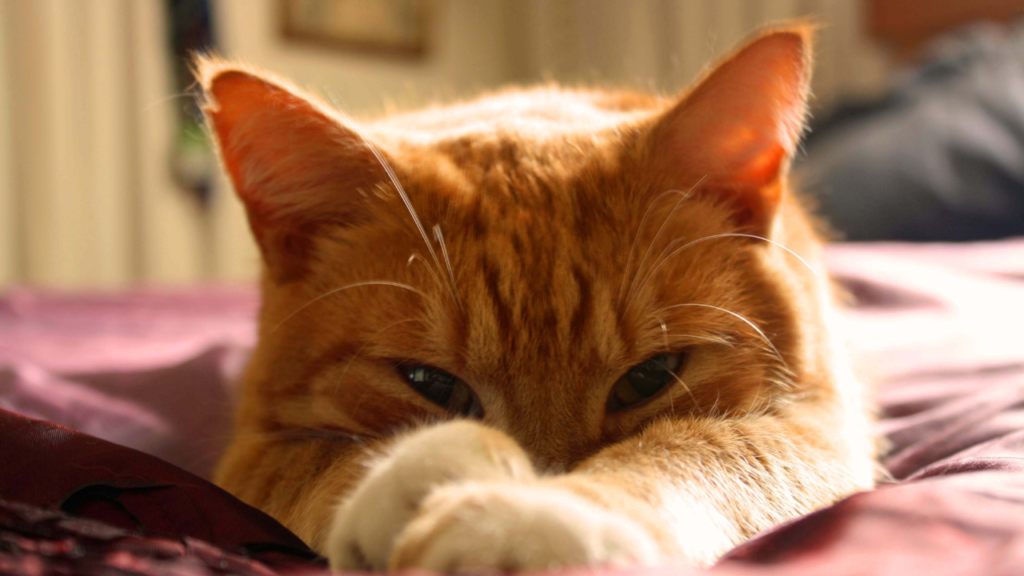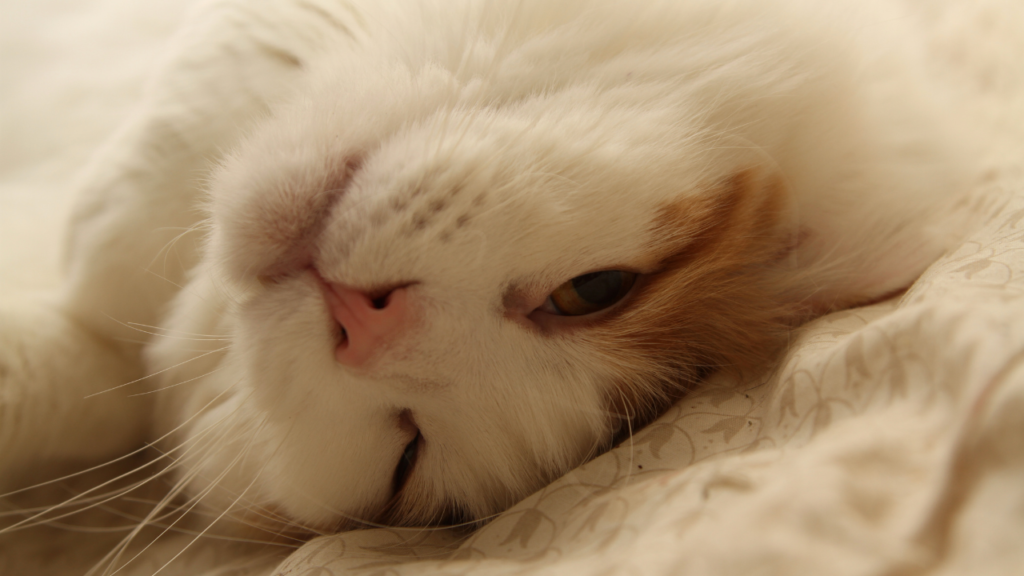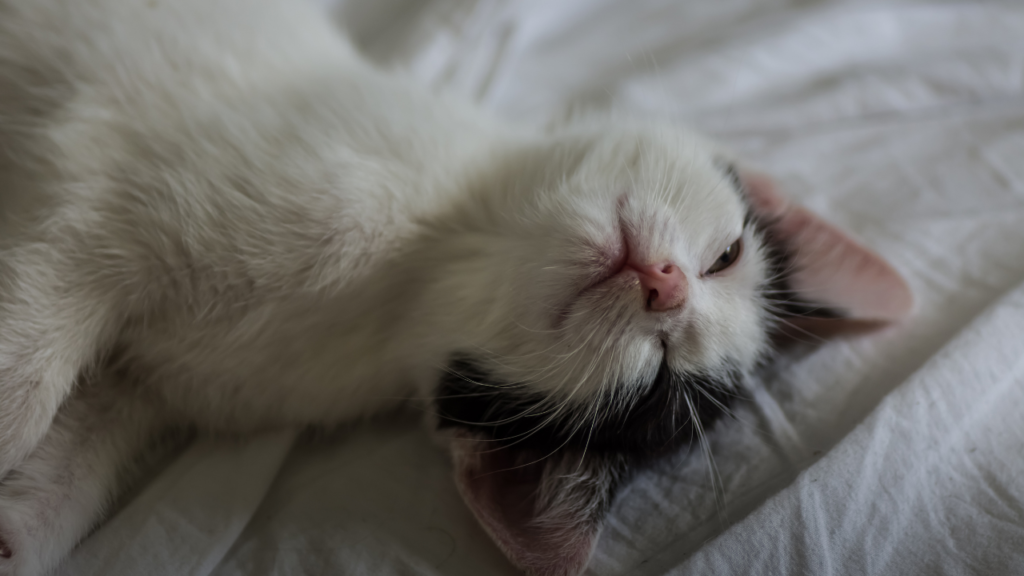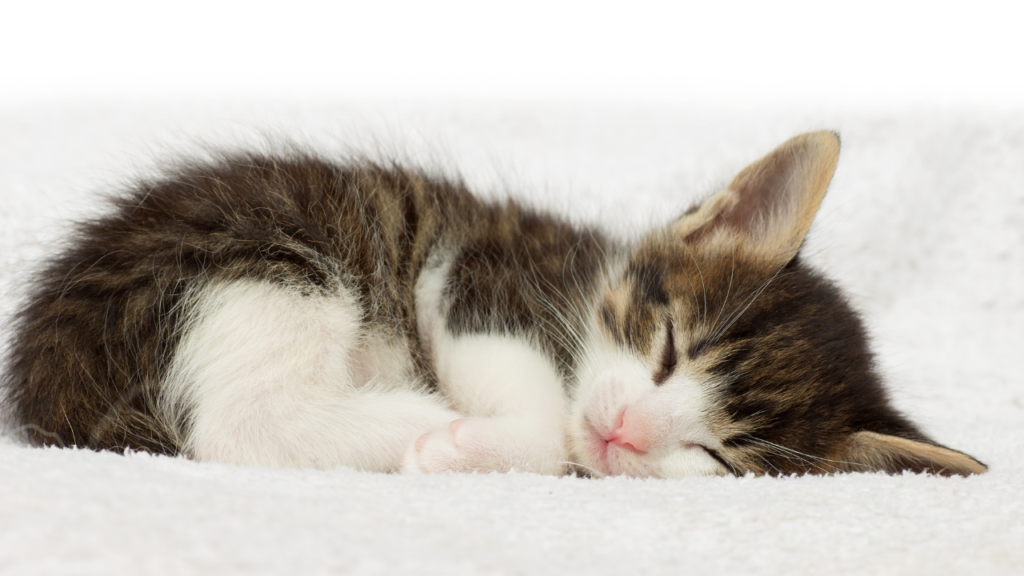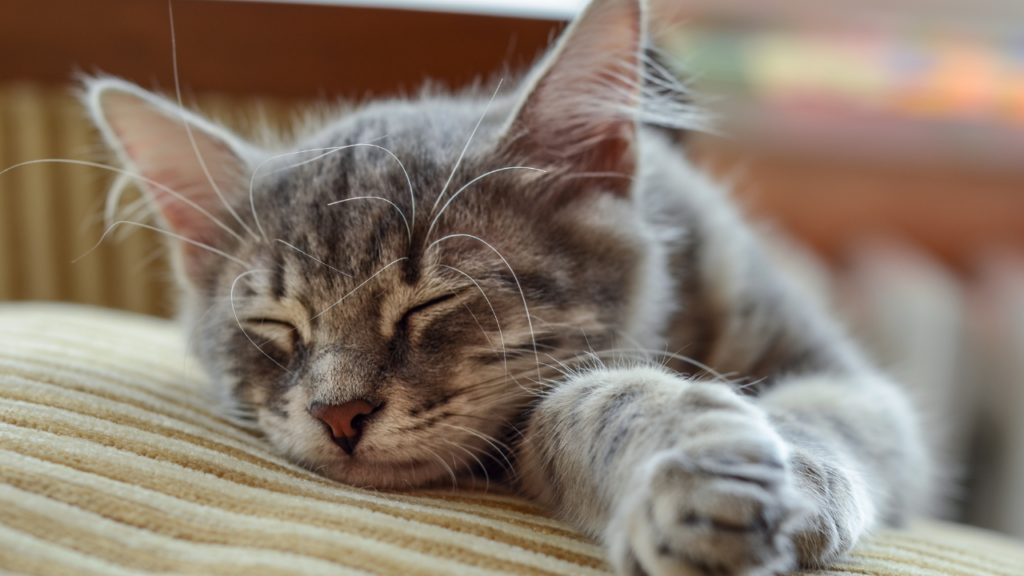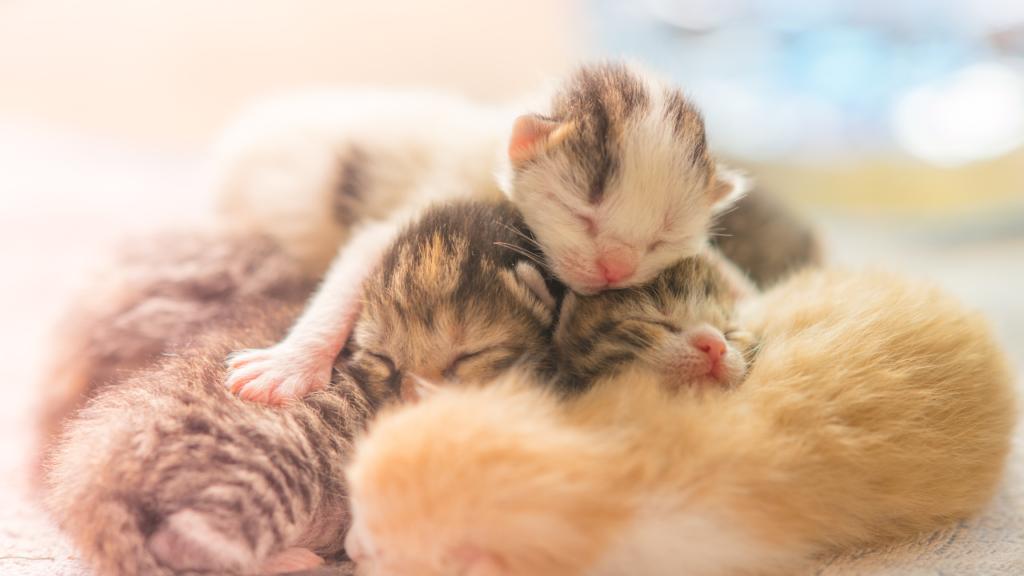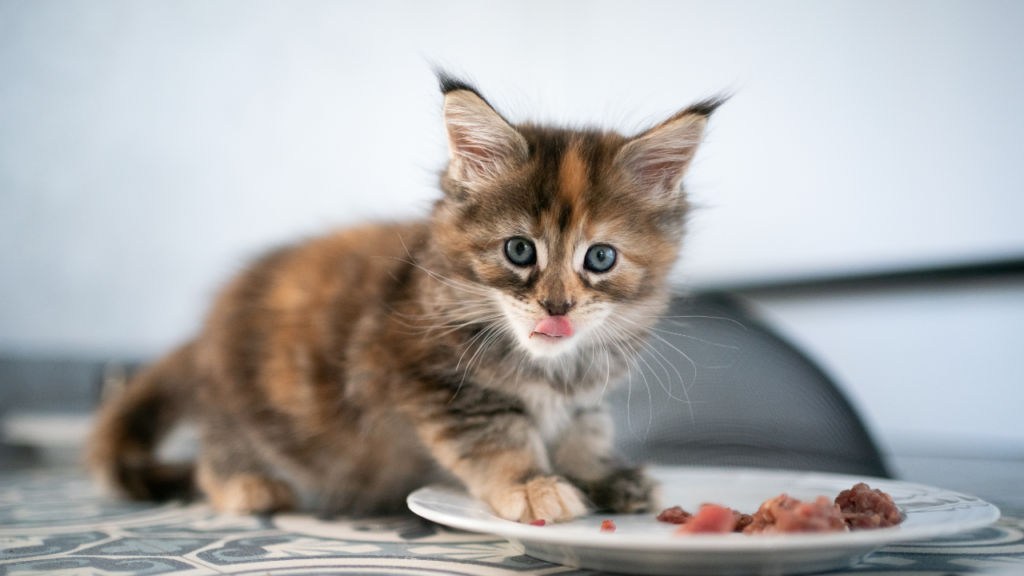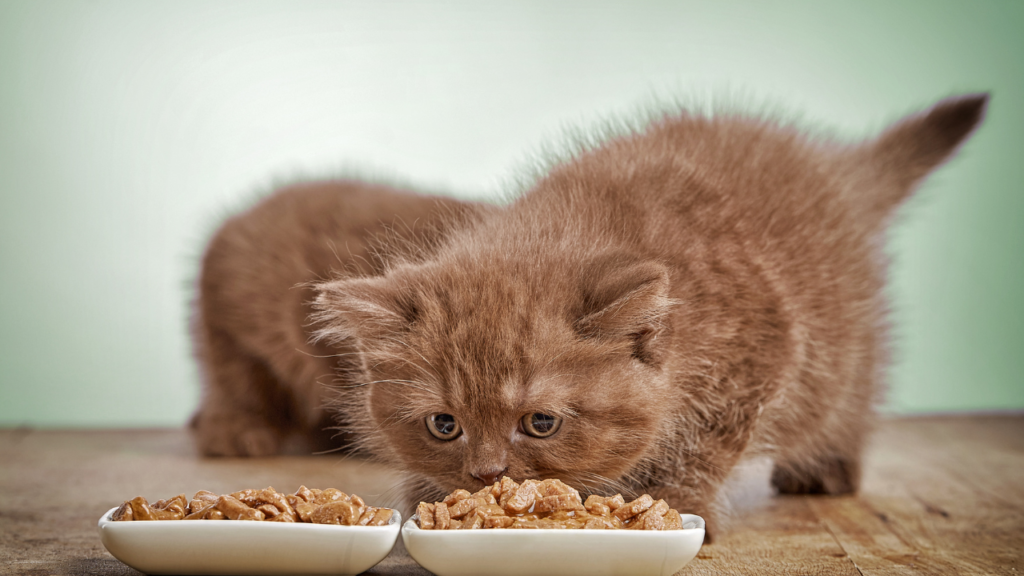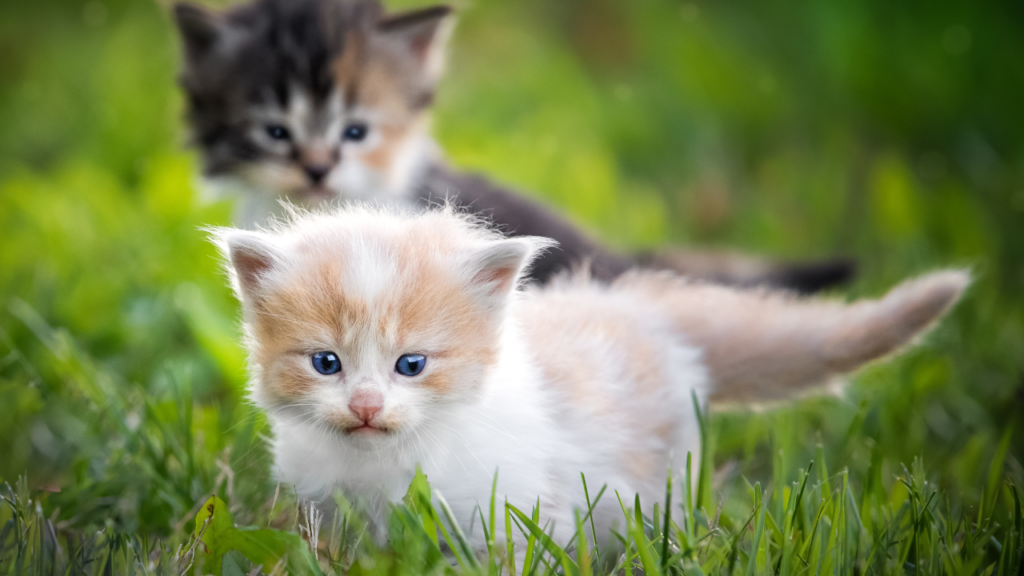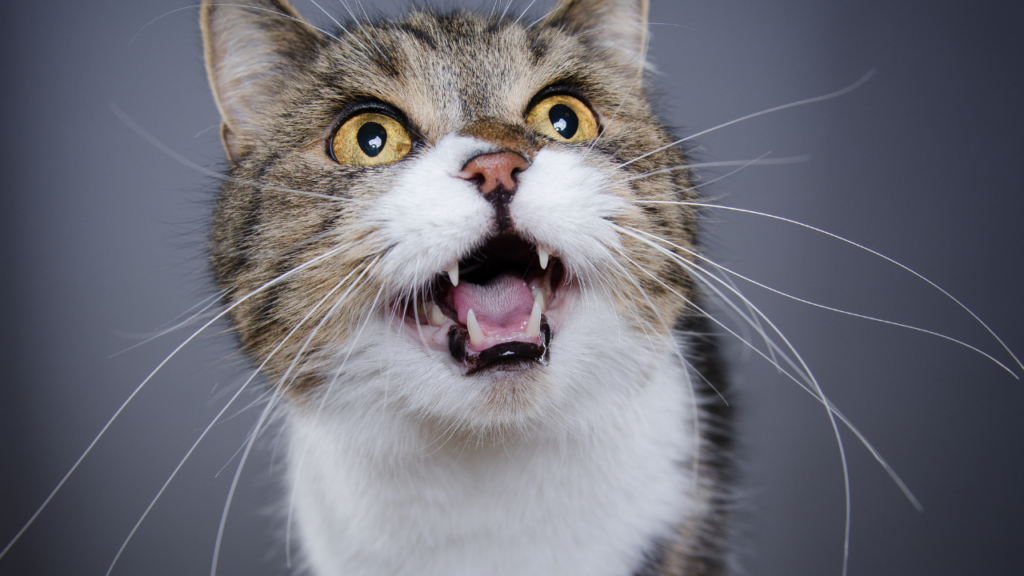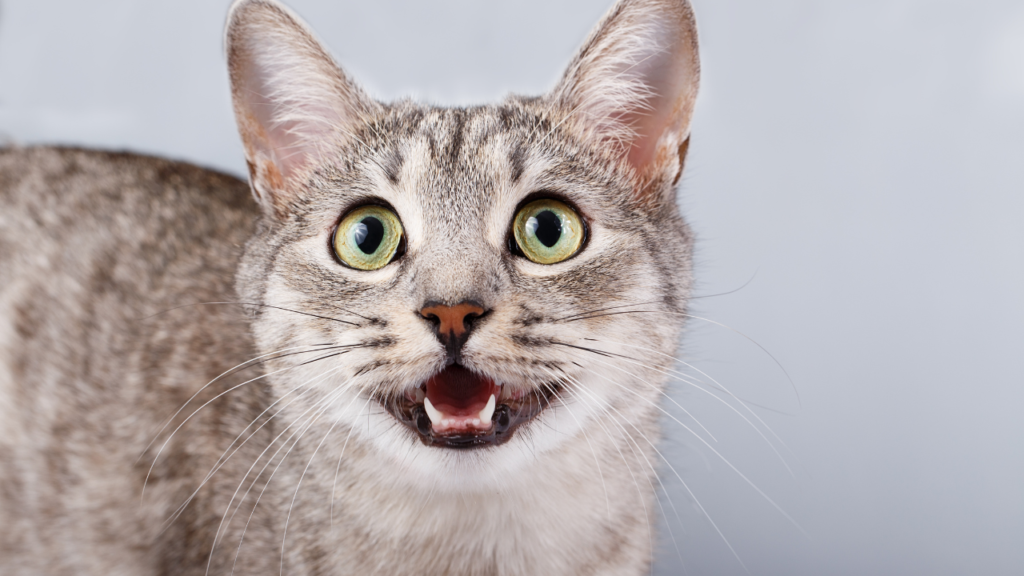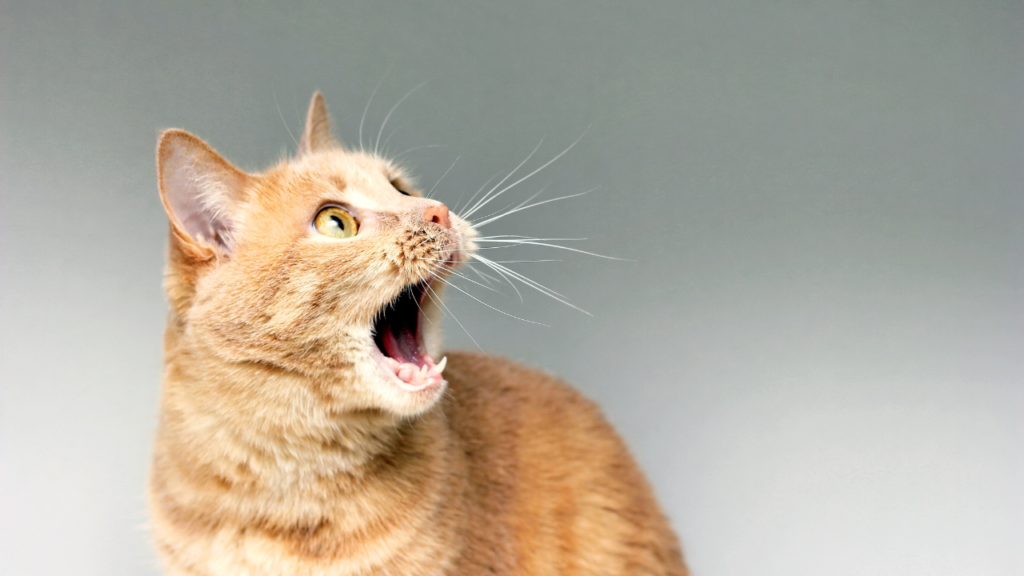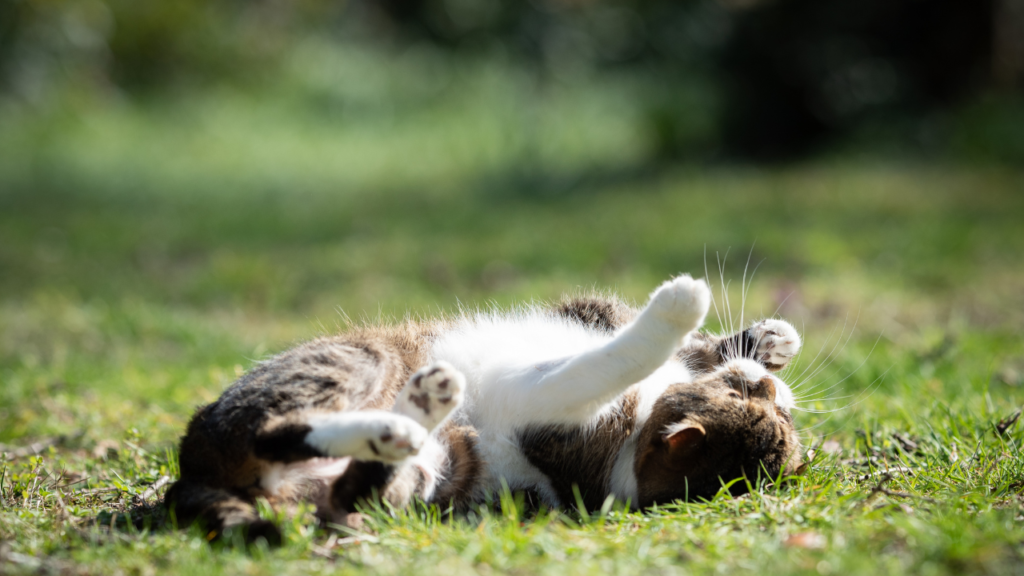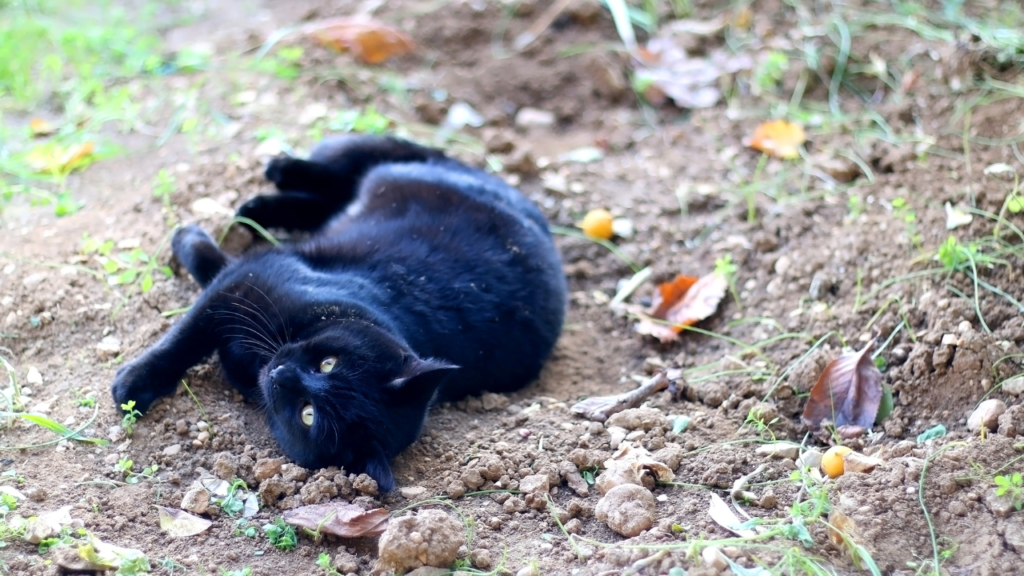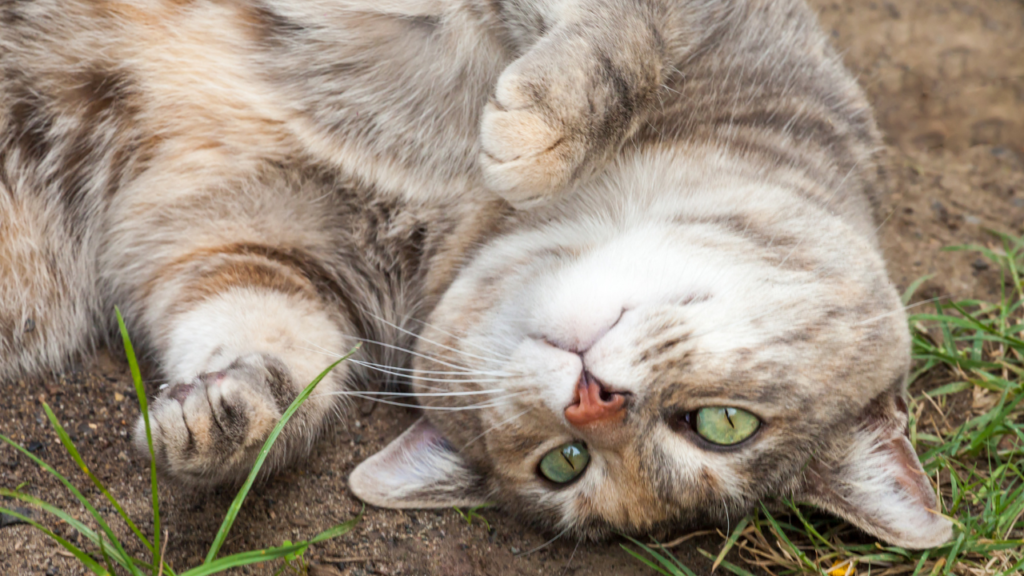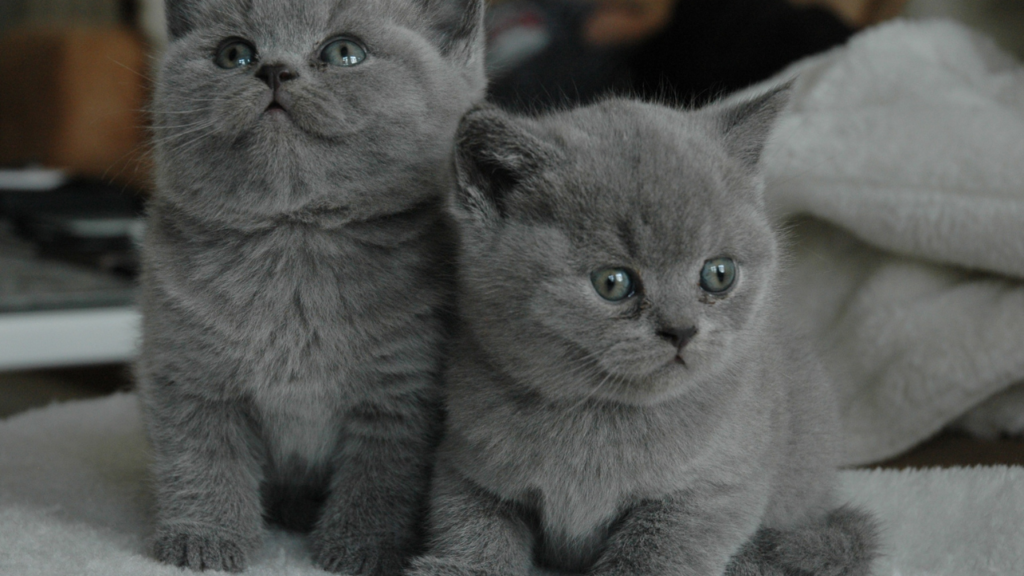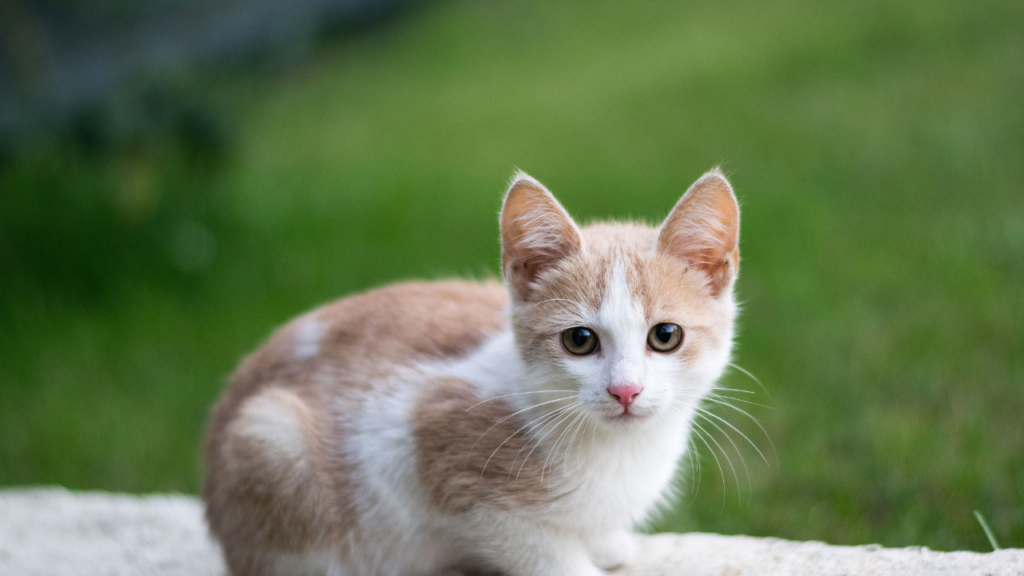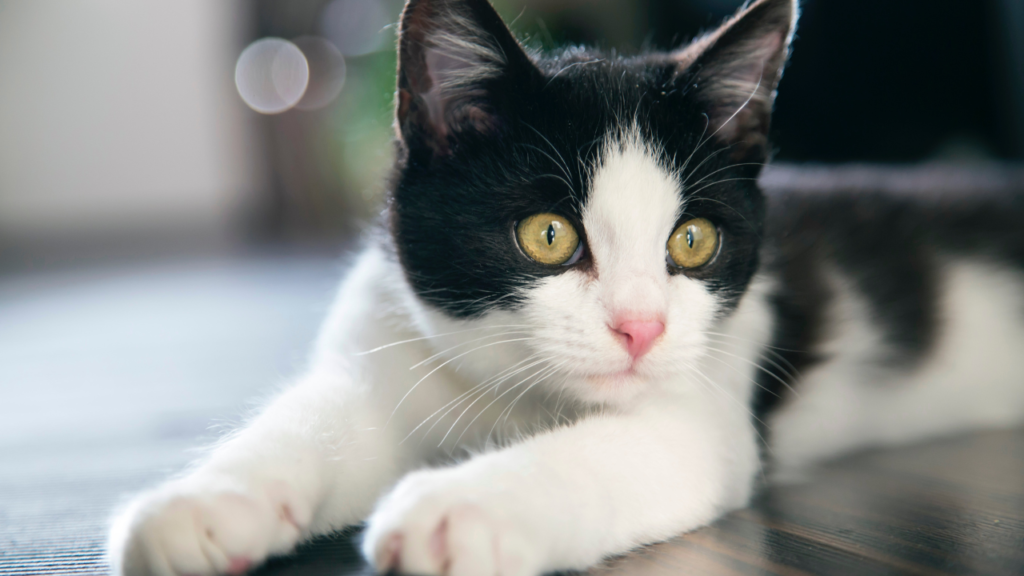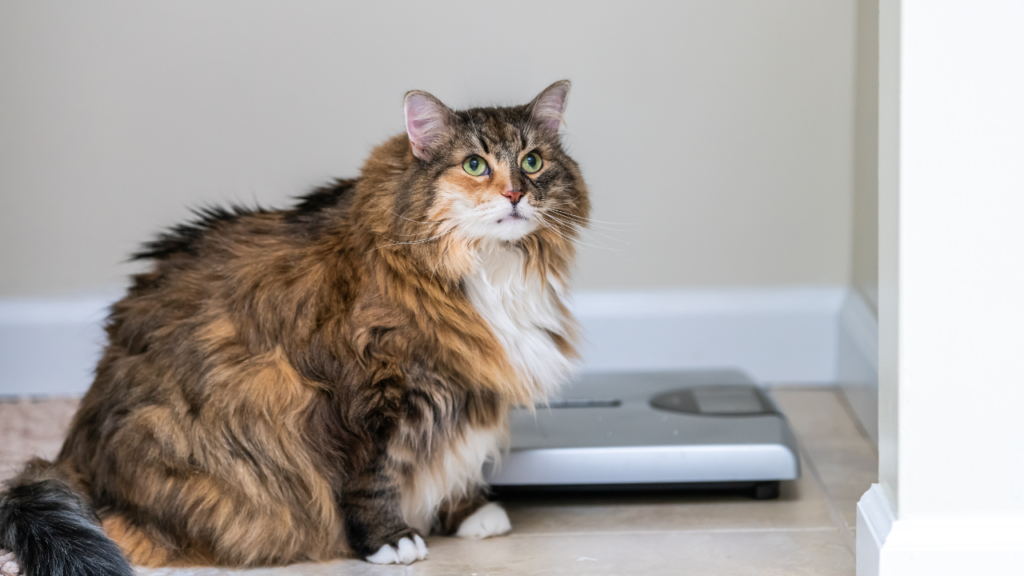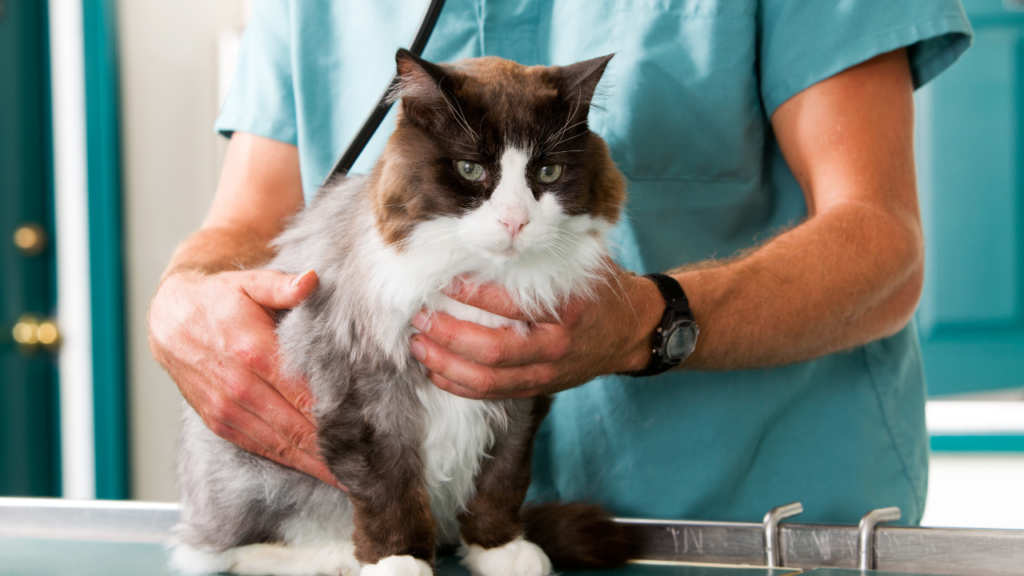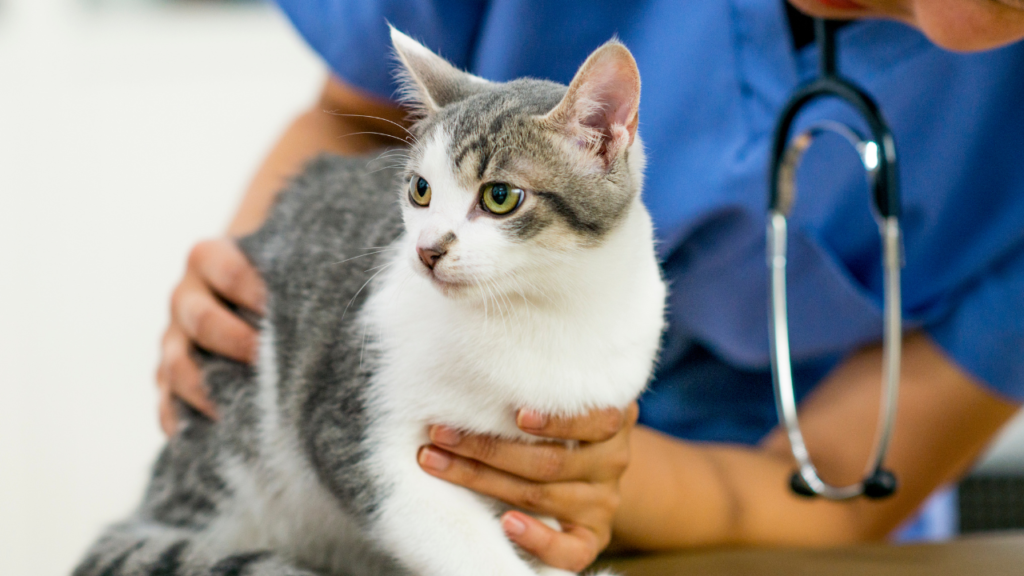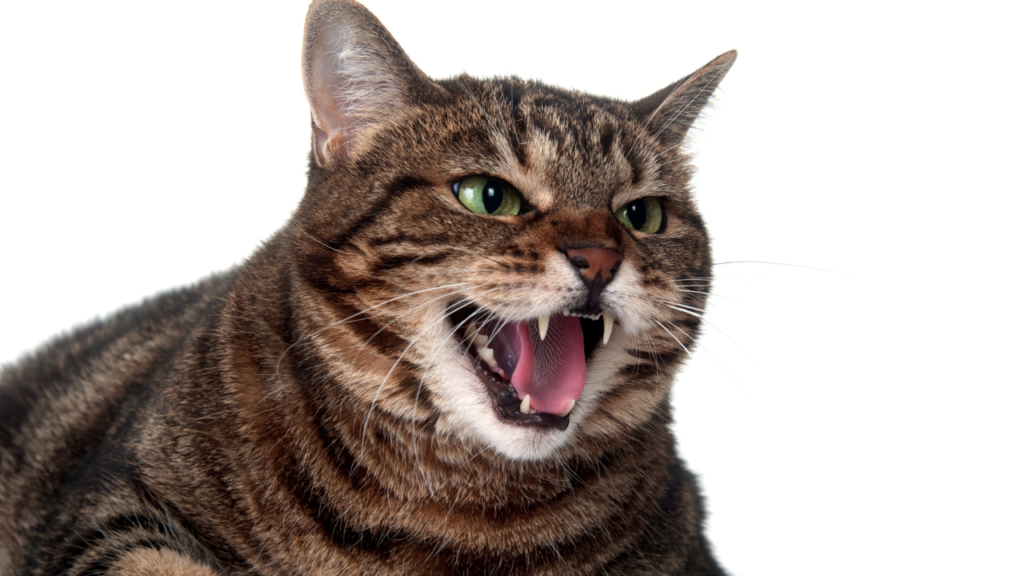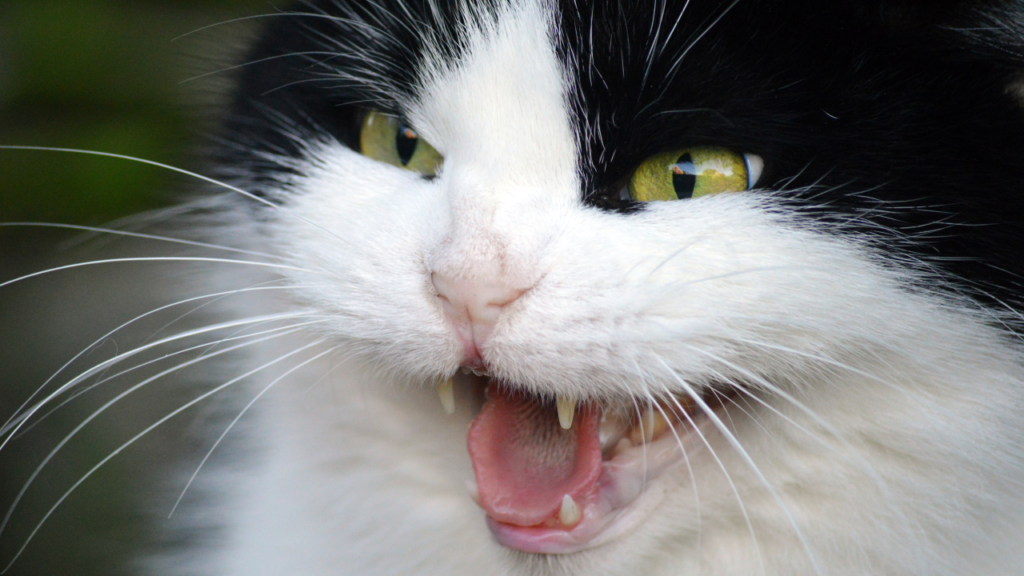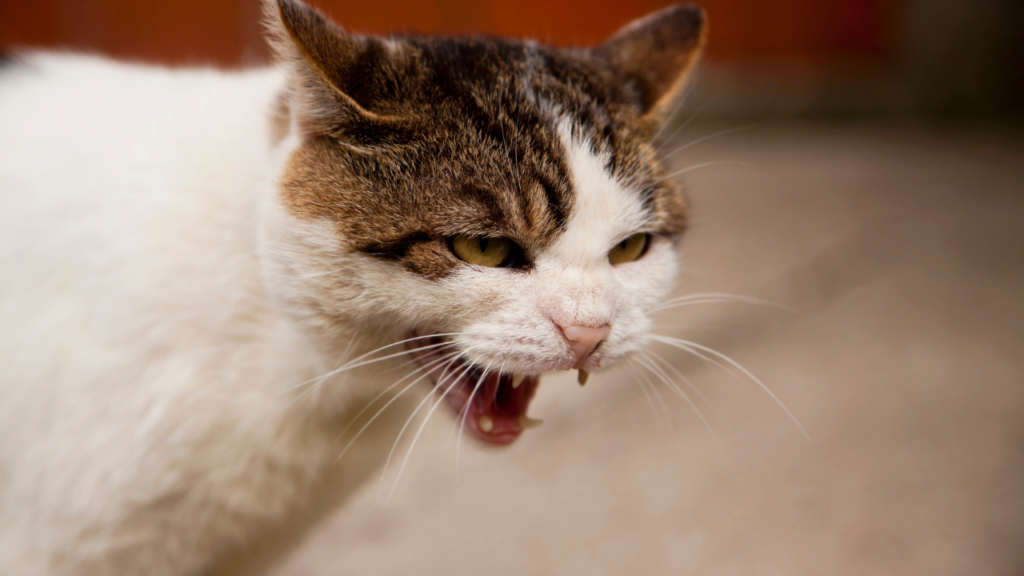Why do cats lick one another? It is not always a bathing ritual.
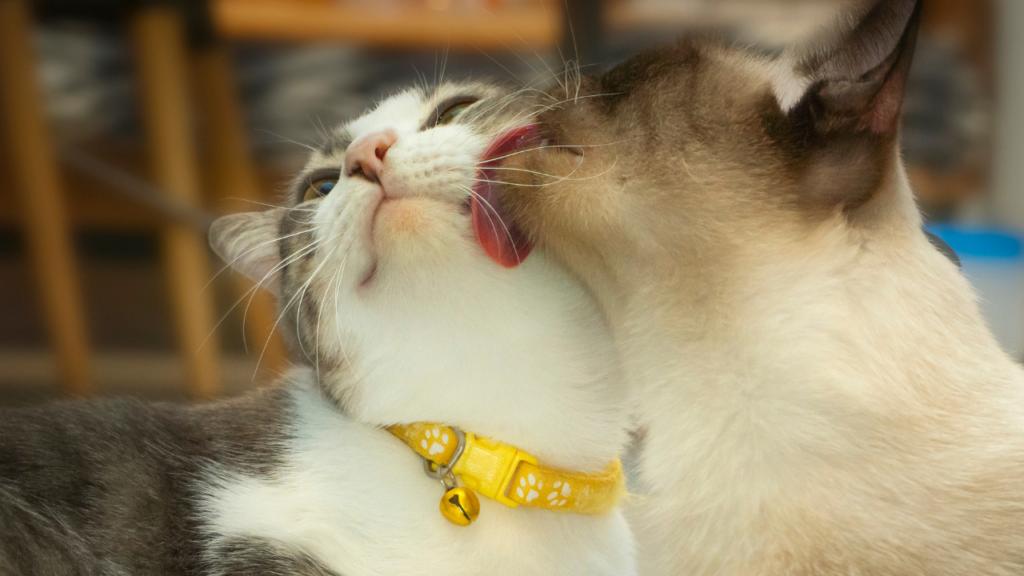
Every pet owner has seen dogs or cats lick themselves. It is claimed that cats, in particular, may spend up to half of their day cleaning themselves. Consider taking a shower for 12 hours a day. However, one of the reasons animals groom excessively is that they only focus on one place at a time and find the procedure calming and relaxing. It’s more like going to the spa for them than just going about your morning routine.
When you have multiple cats, they may take turns grooming each other. Of course, bathing could be a factor, but there are other reasons your cats enjoy licking one another. Why do cats lick one another? We’ll go through the many causes.
What does it mean when my cats lick one another?
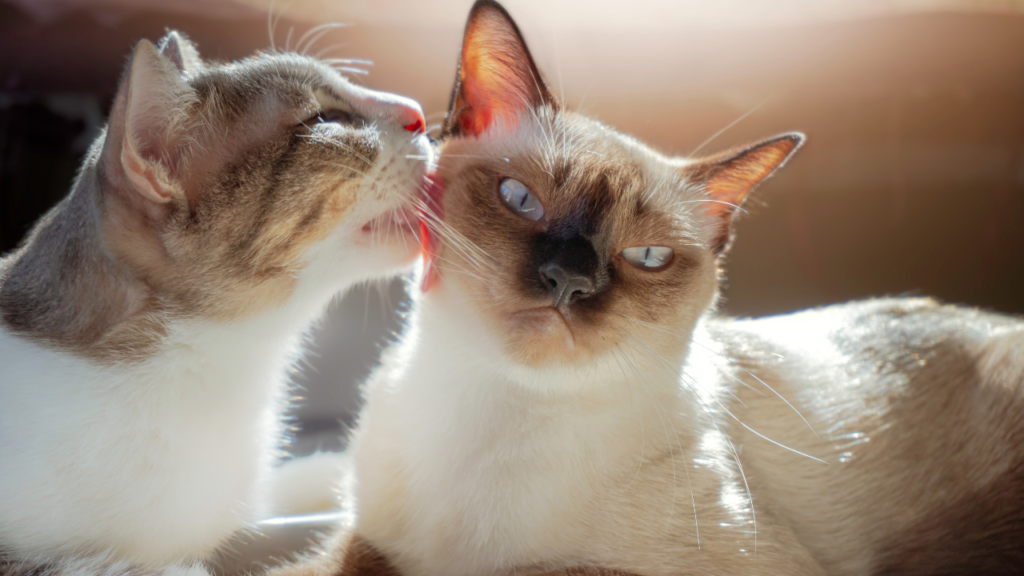
This strange ritual could have several distinct roots. Cats must stay clean and maintain their fur in order to avoid diseases, eradicate parasites, and disguise their scent. If you watch enough nature videos, you’ll see that lions frequently lick each other and their own fur, indicating that it stems from their innermost instincts.
However, felines can have different incentives. In addition to simple cleaning, our pets like washing each other to form bonds and express affection. This is most likely due to the fact that cat moms bathe their pups early on. Pet owners with a large cat family may find that some of their mousers lick the cat more than others. Frequently, this indicates that the two are united and have a deeper relationship.
Why do cats bite and lick you?
Many pets deliver love bites to their owners and each other. You’ll notice the difference since it’ll be a brief and reasonably delicate nip that won’t break the skin or leave a mark. Often, your furry pet may give you a brief chomp before beginning to lick you. It does not imply a contradiction, despite how it may appear to you.
Consider this part of your bonding habit with your beastie, and let them lick your hand or face if they like. However, if they go too far, you may always redirect or gently correct their licking. But there’s another side to this as well.
Which cat dominates grooming?
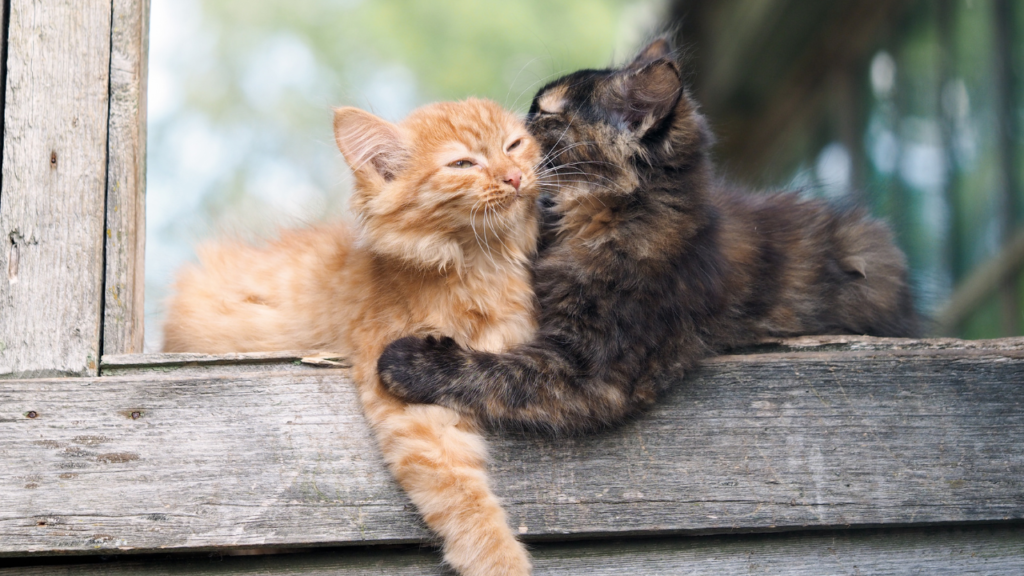
Sometimes you’ll see your cat aggressively licking another cat. It seems unusual that a grooming act can indicate deeper behaviour, but it does. Well-placed mouthiness can help your animals form a hierarchy. According to research, dominant cats are more likely to lick critters lower in the pecking order. That seems backward to us, but it makes sense if you’re a cat. The cat attacker typically targets a weak or susceptible location. Consider when a dog shows you or another pet their tummy; this indicates their desire to surrender. The grooming procedure adheres to the same principles.
What should you do if your cat licks obsessively?
The first thing you should do is look for obvious problems like fleas, allergies, and matted fur. Make sure you are up-to-date on all preventatives, such as topical treatments or allergy medications. You can brush and bathe your pet as needed. Of course, certain skin diseases are more serious than others and require the attention of a physician. They will diagnose any further issues, which could include acne or ringworm. Finally, excessive licking might result from stress or other psychological issues. Changes in your pet’s environment may cause unexpected behaviour problems, such as excessive licking or grooming.
So here’s the real question: when should you be concerned about your cat licking excessively? Any time there is a change in behaviour, you should investigate it at home and, if necessary, get advice from a veterinarian. This also applies to grooming. Once you know your cat, you’ll be able to predict how they’ll behave in regular situations and when that will alter. If this happens, you may need to contact your cat’s veterinarian and have them inspected.
Other indications that something is wrong include bald patches, abundant hairballs, salivary staining, and unusually aggressive biting. For example, a cat pulling out their own fur usually indicates that something does not feel right for them. Socially, new additions, a move, or another major shift in routine may result in altered grooming habits. Regardless of the underlying cause, a thorough examination and a visit to the veterinarian will readily resolve this.
Why do cats lick one another? It is not always a bathing ritual. Read More »
